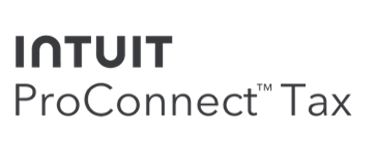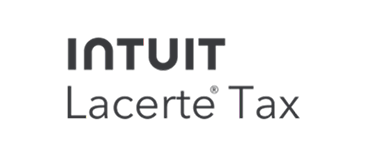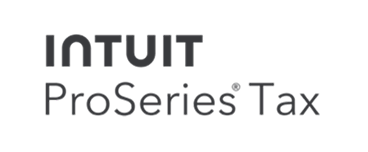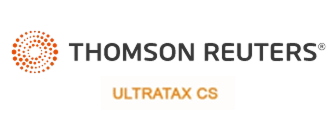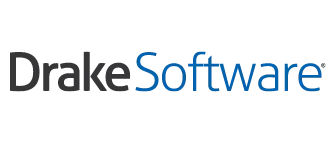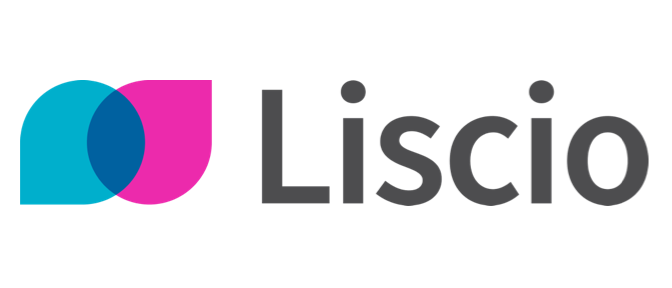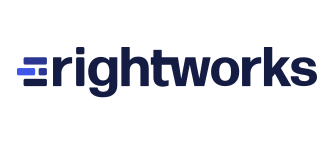
3 Simple Tips for Navigating Accounting Technology Noise
Picture this (likely familiar) scenario: You open your email and see that a news source you subscribe to has a story about a phone or insurance company that’s announced a data breach. The company says they’re working on cleaning it up, and that while some people’s information may be compromised, don’t worry, it’s not that bad.
Then, the story develops further. Things are actually much worse than the company made them out to be. Consumers, bloggers, and even politicians are outraged, and they express their anger. Change is promised. Not long after, however, everyone forgets about it and just moves on to the next scary story.
It’s an exhausting cycle, and if you’re feeling fatigued and ready for a big nap, you’re not alone. While most people want to stay up to date on the latest tech and cybersecurity measures and news, it’s tough when you have a bunch of tech moguls all calling their creations “the next big thing” right next to more bad news.
Fortunately, it’s possible to filter out sensationalist journalism from real, useful information that will keep your clients’ data safe and your firm at the cutting edge of tech. Read on for three simple but actionable tips about how to filter out the tech noise.
- Attend live events, including accounting conferences that focus on tech When it comes to really learning about technology, nothing beats face-to-face interactions and actual conversations. During the pandemic, a time that saw a lot of technological change for accountants, accounting and finance professionals’ only real options for keeping up on the latest news and products were social media and news sites. While these can be incredibly useful, there’s a limit to how much simply consuming information will really help you. When you’re at a conference, you are not relegated to the role of a passive spectator. You can take an active part by networking with colleagues, asking presenters questions, and mingling with industry influencers.Fortunately, live events have come roaring back since the pandemic subsided. Some are focused more on accounting technology and other topics of interest, like QB Connect and AICPA Engage, while others are more focused on cybersecurity, like RSA in San Francisco and Infosecurity Europe in London. Event planners tend to start to release information about upcoming conferences as far as nine months in advance, so take a look at agendas well ahead of time and pick and choose which conferences will provide the most useful information to you.One other great reason to attend in-person conferences: Many companies announce breakthrough technologies and new applications of existing tech at these events. And, announcements directly from software vendors themselves tend to be much more reliable than reading about them after they’ve been filtered through media outlets.
- Cross-reference everything you read In the Digital Age, it’s not realistic to expect you’ll be able to get all the information you need by attending a couple of live events each year. And you absolutely shouldn’t put your head in the sand, so to speak, in between conferences! Remember: One thing the news media does get right is that nobody is safe from a cyber attack. So, it’s crucial to stay informed year round.When you read about an incident online, it can be tempting to react with fear. After all, the news reports incredibly scary stories about things like rogue employees making off with millions from an unsuspecting employer just so you’ll click the link!When you read about something happening in the world of tech, always cross-reference the information you receive with other sources. Important news doesn’t just appear in only one publication—in tech, news travels fast. So if you read about something but can’t seem to find mention of it anywhere else, take what you’ve read with an enormous grain of salt. And, when cross-referencing information, make sure you’re looking at articles that actually got the same information from different sources. In other words, make sure they aren’t just simply referencing each other. When considering multiple news sources, the crucial thing is that they are all uncorrelated. That means the information is more reliable. If possible, compare rival publications and rival content creators from different countries.
- If you’re on social media, know the right people to follow If you do use social media and follow influencers, tech moguls, and other industry heavyweights, exercise caution. Even if you enjoy reading sensational, one-of-a-kind stories, make sure you’re reading them for fun and remember that most of them won’t happen to you.Additionally, be careful of following people and companies that tend to post very scary stories that end by telling you how you can use an expensive solution to avoid becoming a victim. These types of stories are often bought and paid for by advertisers who are using fear as a vehicle to make sales. (When you do happen across these articles, as you invariably will even if you don’t follow certain influencers, use the cross-referencing tips we discussed above to verify the information you’re consuming before you do anything.)Remember: Cyber attacks themselves are expensive, but the best cybersecurity measures, like using multi-factor authentication, sharing information only via safe, encrypted software, and using strong passwords, are often not that costly. Being safe is usually a matter of making a critical update here and a small purchase there, but, primarily, it is a matter of being vigilant and resourceful.
Practical Cybersecurity: Cost-Effective, Straightforward Tips to Protect Your Data
While cybersecurity is complex and there isn’t a one-size-fits-all approach to keeping firms safe, there are many straightforward, practical steps you can implement to reduce risk and safeguard your business. Download this free whitepaper, Making Cybersecurity Practical for Accounting Firms, to get started today.
To see how SmartVault can keep your data secure, improve your workflows, and streamline collaboration, schedule a demo with us today.
